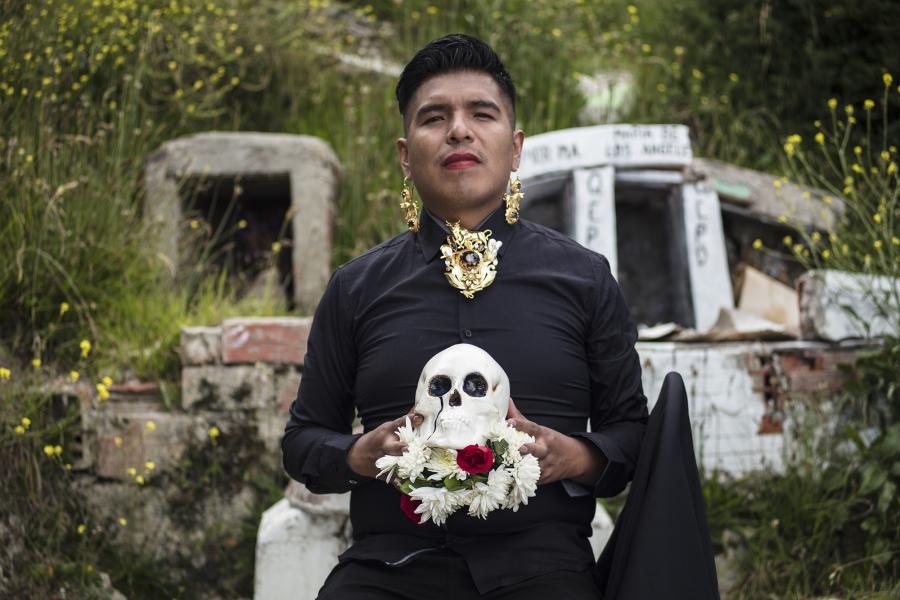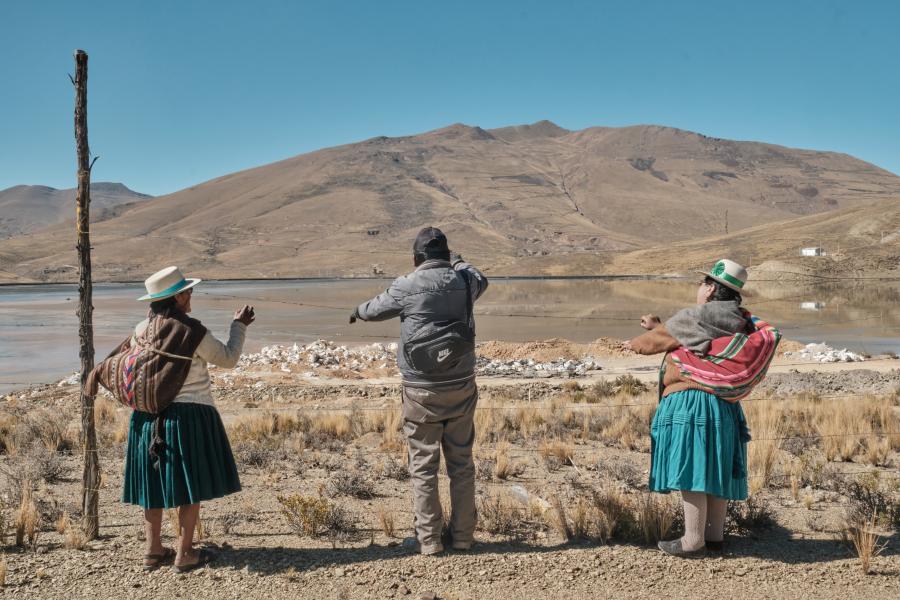The Struggle for Indigenous Rights in Latin America is a collection of seven separate country case studies and is the result of a 2003 conference at Cochabamba that discussed the diversity of indigenous struggles throughout the region. The subject countries are Guatemala, Colombia, Ecuador, Peru, Bolivia, Brazil, and Mexico.
The introductory chapter, written by the editors, evaluates strategies and results that indigenous social movements have taken in the respective countries. It answers four basic questions: Where do things stand after 15 years of organizing? What is at stake today? What are the obstacles? And what does the future hold? In the authors’ analysis of these questions it is apparent that the make-up and objectives of indigenous groups vary from country to country. There are some common issues, but the main demand from all groups is the recognition of cultural differences.
Gunther Dietz, in his look at Mexico, discusses the rise of Zapatismo, looking as far back as the 19th century, when Porfirio Díaz made it possible for indigenous lands to be acquired by private companies. By the 1980s, this had led to what Dietz sees as two distinct paths for the struggle: those who wanted recognition, and those who clung to the ideals of the Mexican revolution. The emergence of the EZLN in 1994 brought the struggle to a new phase. Dietz concludes his essay with a large section of references for further reading on the subject.
Maya victimization is the theme of Edward Fischer’s essay on Guatemala. Fischer studies the activism of the Maya before and after the civil war as well as the difficulties faced by organizations representing a people with 23 different languages. Whilst the Mayan population of Guatemala is close to 50 percent, in Colombia—the subject of Theodor Rathgeber’s article—the indigenous population is closer to 2 or 3 percent. Rathgeber focuses on three tribes—the U’wa, the Embera-Katío, and the Puracé—and the struggles they face in the wake of neoliberal reforms.
No work concerning indigenous struggles would be complete without a chapter covering the indigenous movement in Ecuador. Arguably this has been the most successful indigenous movement in the region, culminating in the election of Evo Morales as the contry’s first indigenous president. I have enjoyed Leon Zamosc’s writing on this subject, and this new piece was no exception.
Approximately 40 percent of the population of Peru is indigenous, and yet the title of María Elena García and José Antonio Lucero’s chapter is “A Country Without Indians.” This title stems from a World Bank project suggesting that between Ecuador and Bolivia there was indeed such a country. The authors argue that the perceived failure of the Peruvian indigenous movement is a result of the methodology employed by scholars in their analyses. Their conclusion is that far from being a failure, the Peruvian model has gone well beyond the range that has been proffered by scholars of Latin America.
Nancy Grey Postero discusses indigenous politics in Bolivia, a country that amended its constitution in the 1990s to declare itself both multiethnic and pluricultural. Initially the reforms were praised for the way in which they constructed an indigenous citizenship. However, by 2004 the situation did not look too promising, with frequent blockades of the country’s road system. The heart of the problem—as is the case with many other Latin American groups—is neoliberal reforms and their failure to deliver promises. Postero draws parallels with the Ecuadorian situation as outlined in Zamosc’s chapter, highlighting the need for an articulation of interests between indigenous people and other poor sectors of society.
The final chapter, by Jonathan W. Warren, is titled “Socialist Saudades” (yearnings), and it takes an interesting look at the Brazilian Workers’ Party’s approach to indigenous affairs.
Whatever one’s speciality, there is something of interest in this book. Significantly, a Spanish version will soon be available, making the work accessible to an even wider audience, importantly including people from the countries discussed.
Peter M. Webb is an undergraduate in the School of Combined Honours SES, University of Liverpool, United Kingdom.


